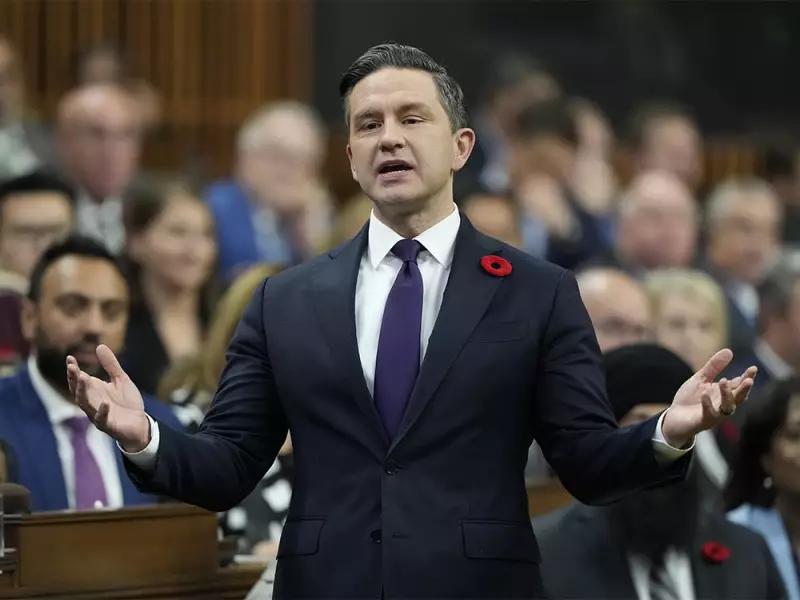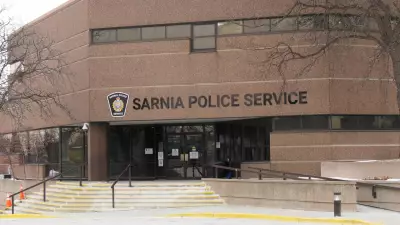
Conservative Leader Pierre Poilievre is preparing for what could become an epic political showdown as his party gathers in Calgary for a crucial leadership review scheduled for January 29-31, 2026.
The Stampede Wrestling Connection
The venue for this high-stakes political event carries symbolic weight. Thousands of Conservative Party of Canada delegates will converge at the new BMO Centre, which stands on the former site of Stampede Wrestling's legendary battles. The historic Stampede Corral, where wrestling matches rumbled for decades, was demolished in 2020-21 to make way for the current facility.
The location's wrestling history seems particularly appropriate given the political fight ahead. Leadership review stands as the main event on the Conservative convention agenda, and the outcome could determine Poilievre's political future.
Historical Precedent Works Against Poilievre
The Conservative leader faces daunting historical odds. Recent CPC leaders have consistently failed to survive election losses. Both Erin O'Toole and Andrew Scheer were removed shortly after their electoral defeats.
Poilievre represents the third Conservative leader since 2019 to lose a federal election. His leadership prospects appear uncertain at best given this pattern of swift party responses to electoral disappointment.
The situation has been complicated by recent parliamentary developments that exposed significant dissent within Poilievre's caucus. The loss of two MPs—Matt Jeneroux and Chris d'Entremont—during budget votes represented more than just a public relations disaster.
Serious Party Dissent Emerges
This level of caucus rebellion hasn't occurred since 2005, when Belinda Stronach crossed from the Conservatives to the Liberals. However, analysts note a crucial difference: while Stronach's move appeared more career-oriented, the current dissent reflects deeper concerns about Poilievre's leadership.
The core issue revolves around doubts that Poilievre can either win an election or adapt his personal style to broaden his appeal. These concerns have created serious and profound trouble within party ranks.
The aggressive response from Poilievre's office toward d'Entremont provides only a preview of the internal conflicts expected before the leadership vote. Party insiders anticipate fierce maneuvering as different factions position themselves for the Calgary convention.
Calgary Venue Offers Limited Advantage
While Calgary represents Conservative heartland and the province where Poilievre recently won a byelection comfortably after losing his longtime Ottawa seat, the location provides limited tactical benefit.
The voting process doesn't allow all local members to participate directly. Instead, up to 10 voting delegates will be selected by each of the 338 riding associations across Canada. These delegates can be either elected or appointed by riding boards.
Additional voters include party MPs, past leaders, and certain party officials, but the majority will consist of engaged conservatives from throughout the country. This national representation means Poilievre cannot rely solely on regional support.
Political observers expect to see Poilievre slates from some ridings and mixed delegations from others, reflecting the divided opinions within the party about his leadership.
As the January convention approaches, all signs point toward a definitive moment for both Pierre Poilievre and the Conservative Party of Canada. The outcome will determine whether Poilievre breaks the recent pattern of defeated leaders or becomes the third consecutive Conservative leader to fall after an election loss.





